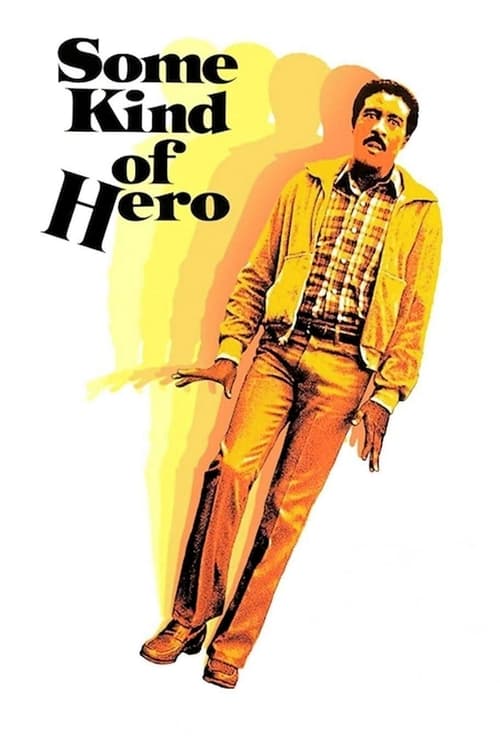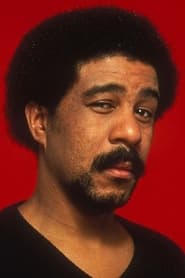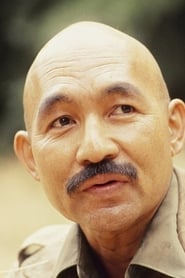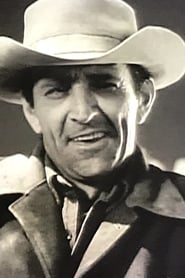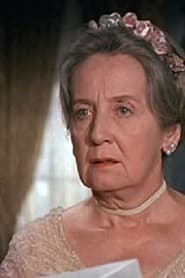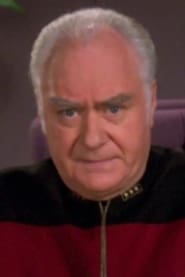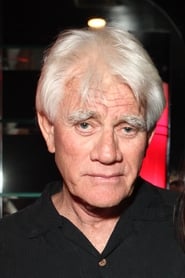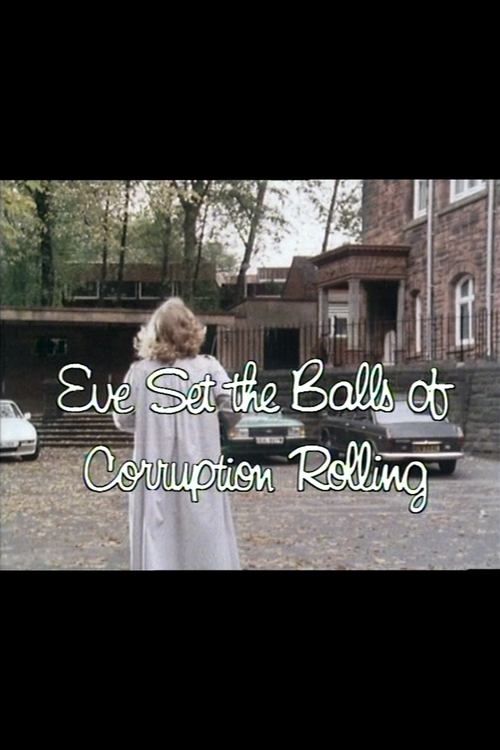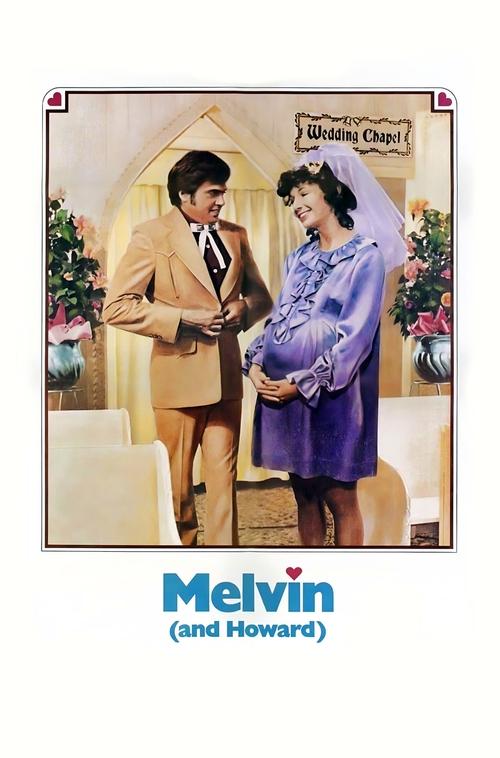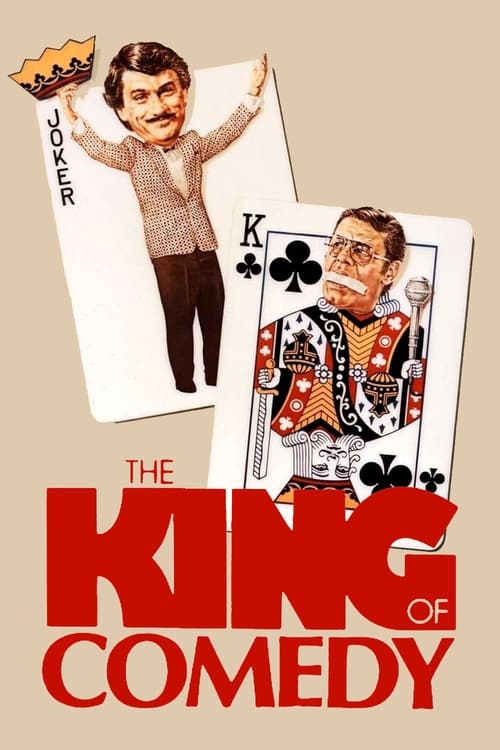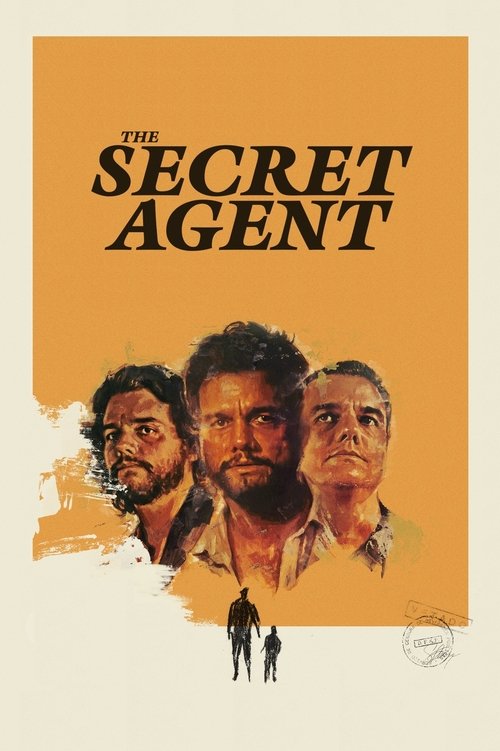
Ask Your Own Question
What is the plot?
Eddie Keller's story begins deep in the shadows of the Vietnam War, where he endures years of captivity as a U.S. Marine prisoner of war. The film opens in the grim confines of a Vietcong POW camp, the exact date unspecified but set near the war's end. Eddie is a man hardened by torture and deprivation, yet his spirit remains defiant. He refuses to sign a propaganda confession admitting to fabricated war crimes, a moral stand that defines his character. His closest ally in captivity is Sergeant Vinnie DiAngelo, a fellow prisoner whose health deteriorates under brutal solitary confinement. When Vinnie is returned near death, Eddie faces a harrowing choice: to save his friend's life, he reluctantly signs the false confession, a wrenching act that haunts him.
After five long years, Eddie is finally released and returns to America. The initial welcome is brief and hollow; the country is eager to move past the war, and Eddie quickly becomes a forgotten relic. The world he left behind has changed irrevocably. At home, he confronts painful truths: his wife Lisa Keller has moved on, falling in love with another man during his absence. Worse, she has borne a daughter, Laurie, whom Eddie has never met and who calls another man "Daddy." His mother, Jesse Keller, has suffered a debilitating stroke and now resides in a nursing home, where the mounting medical bills threaten to force her eviction. Financially, Eddie is destitute; his savings have been squandered by Lisa and her new partner in a failed business venture. The final blow comes when the Veterans Administration suspends his benefits upon discovering the signed confession, branding him a traitor and withholding his back pay.
Eddie's return to civilian life is a gauntlet of institutional rejection and personal loss. The Army refuses to assist him, and every door to employment slams shut. His frustration and desperation mount as he realizes the system that once sent him to war now abandons him. One night, at a bar that serves as a liminal space between his past and uncertain future, Eddie meets Toni Donovan, a high-priced prostitute. Despite the transactional nature of her profession, Toni senses something genuine in Eddie's wounded spirit. She picks him up that night, and their relationship unfolds with tentative warmth. Toni becomes a rare source of companionship and hope amid Eddie's chaos, though their connection is fraught with tension and mistrust. At one point, Eddie insults Toni during an argument in her apartment, leading her to leave with a bitter parting: she hopes he'll be gone when she returns, underscoring the fragility of their bond.
Financial ruin and systemic betrayal push Eddie toward a desperate plan. While attempting to secure a loan, he witnesses a violent bank robbery. This event crystallizes his resolve to take control of his fate by any means necessary. Eddie begins plotting to seize stolen bank bonds from the criminals involved, aiming to secure funds to care for his mother and reclaim some dignity. His dealings with the gangsters are tense and fraught with danger. Though initially nervous to the point of physical distress--he even wets himself in anxiety--Eddie summons a fierce tenacity when negotiating the value of the bonds. He refuses a lowball offer, asserting himself against hardened criminals despite his lack of experience in such dealings.
Throughout the film, Eddie grapples with the ghosts of his captivity and the betrayals of home. The signed confession, once a symbol of his coerced compromise, now represents the bureaucratic noose strangling his chances at a fresh start. His mother's stroke and nursing home predicament add emotional weight, highlighting the personal costs of war beyond the battlefield. The revelation of his wife's new life and daughter he never knew deepens his sense of alienation. Yet, amid these hardships, Eddie's relationship with Toni offers a glimpse of human connection and resilience, even if it remains complicated and uncertain.
The climax unfolds with Eddie confronting the criminal underworld that holds the key to his financial salvation. His refusal to accept a paltry sum for the stolen bonds marks a turning point: he is no longer a passive victim but a man fighting back against a system that has failed him. The film's final scenes are tinged with ambiguity and unresolved tension. Eddie's future remains uncertain, caught between the harsh realities of his post-war existence and the fragile hope embodied by his bond with Toni. The narrative closes without neat resolution, reflecting the ongoing struggles of veterans like Eddie who return from war to find themselves strangers in their own land.
No main characters die after the war; Vinnie DiAngelo survives his ordeal in captivity due to Eddie's sacrifice. The film's deaths are confined to the unseen toll of war and the symbolic death of Eddie's former life. The confrontations--between Eddie and his captors, the Veterans Administration, his estranged wife, the criminals, and Toni--drive the emotional and narrative momentum, culminating in Eddie's assertion of agency despite overwhelming odds.
In the end, Some Kind of Hero paints a stark portrait of a man caught between heroism and abandonment, survival and despair, love and loss. Eddie Keller's journey is one of painful reintegration, moral compromise, and the search for dignity in a world that has moved on without him.
More Movies Like This
Browse All Movies →What is the ending?
In the ending of "Some Kind of Hero," the protagonist, Captain Paul D. McCaffrey, returns home after his time as a prisoner of war. He struggles to reintegrate into civilian life and confronts the realities of his relationships, particularly with his estranged wife and daughter. Ultimately, he finds a sense of purpose and connection with his family, leading to a hopeful resolution.
As the film approaches its conclusion, we see Captain Paul D. McCaffrey, portrayed by Richard Pryor, grappling with the emotional and psychological scars left by his time as a prisoner of war. After being released, he returns to the United States, where he is met with a mix of celebration and confusion. The initial scenes depict a hero's welcome, but the reality of his situation quickly sets in.
Scene by scene, the narrative unfolds:
The first scene shows McCaffrey arriving at the airport, greeted by a small crowd and reporters eager to hear his story. He wears a forced smile, but his eyes reveal a deep-seated turmoil. As he navigates through the throng, he is reminded of the disconnect between the hero they see and the man he feels he has become.
Next, we transition to McCaffrey's home, where he faces his estranged wife, who has been living her own life in his absence. Their reunion is fraught with tension; she is both proud of his service and resentful of the years lost. The emotional weight of their conversation highlights McCaffrey's internal struggle--he wants to reconnect but feels unworthy of her affection and the life they once shared.
In the following scenes, McCaffrey attempts to reconnect with his daughter, who has grown up without him. Their interactions are awkward and filled with unspoken pain. He tries to bridge the gap, but she is hesitant, unsure of how to relate to the father she barely knows. This moment encapsulates McCaffrey's realization that being a hero in war does not translate to being a hero at home.
As the climax approaches, McCaffrey faces a pivotal moment when he is invited to speak at a veterans' event. He prepares a speech that reflects on his experiences, but as he stands before the audience, he struggles to find the right words. The weight of his past and the expectations of others press down on him. In a moment of vulnerability, he speaks from the heart, sharing not just his triumphs but also his fears and failures. This raw honesty resonates with the audience, and he begins to reclaim his identity--not just as a soldier, but as a man.
The final scenes depict McCaffrey making a conscious effort to rebuild his relationships. He reaches out to his wife, acknowledging the pain they both have endured. They share a moment of understanding, hinting at the possibility of reconciliation. Meanwhile, he continues to bond with his daughter, taking small steps toward rebuilding their relationship.
In the closing moments, McCaffrey stands outside, looking up at the sky, a sense of hope washing over him. He understands that while the scars of war may never fully heal, he has the power to forge a new path forward with his family. The film ends on a note of optimism, suggesting that true heroism lies not only in grand gestures but also in the everyday struggles to connect and heal.
In summary, Captain Paul D. McCaffrey's journey concludes with a renewed sense of purpose and a commitment to his family, while the other main characters--his wife and daughter--are left with the potential for healing and reconnection, emphasizing the film's themes of personal struggle and the complexities of returning home after war.
Is there a post-credit scene?
The movie "Some Kind of Hero," produced in 1982, does not have a post-credit scene. The film concludes without any additional scenes after the credits roll. The story wraps up with the main character, Captain Paul D. McCaffrey, reflecting on his experiences and the changes in his life after returning home from a prisoner of war camp. The focus remains on his journey and the relationships he has built, leaving the audience with a sense of closure regarding his character arc.
What motivates the main character, Captain Paul D. McCaffrey, to return home after being a prisoner of war?
Captain Paul D. McCaffrey, played by Richard Pryor, is motivated to return home after his harrowing experience as a prisoner of war in Vietnam. He seeks to reconnect with his family and reclaim his life, but he is also driven by a desire to prove himself and find a sense of normalcy after the trauma he endured.
How does McCaffrey's relationship with his wife change throughout the film?
McCaffrey's relationship with his wife, played by Margot Kidder, is strained upon his return. Initially, he is hopeful for reconciliation, but he soon discovers that she has moved on and is involved with another man. This revelation leads to feelings of betrayal and confusion for McCaffrey, highlighting his struggle to adapt to life after the war.
What role does the character of Sergeant Major 'Sarge' play in McCaffrey's journey?
Sergeant Major 'Sarge', portrayed by James Hampton, serves as a mentor and father figure to McCaffrey. He provides guidance and support as McCaffrey navigates the challenges of reintegration into civilian life. Sarge's unwavering loyalty and encouragement help McCaffrey confront his past and find a path forward.
How does McCaffrey's experience as a POW affect his interactions with other characters?
McCaffrey's experience as a POW deeply affects his interactions with others, as he struggles with trust and vulnerability. He often feels isolated and misunderstood, leading to tension in his relationships with friends and family. His PTSD manifests in moments of anger and frustration, complicating his attempts to reconnect with those around him.
What is the significance of the bar scene where McCaffrey confronts his past?
The bar scene is significant as it serves as a turning point for McCaffrey. In this emotionally charged moment, he confronts his past traumas and the reality of his situation. The confrontation with other patrons symbolizes his internal battle, and it becomes a cathartic experience that propels him toward acceptance and healing.
Is this family friendly?
"Some Kind of Hero," produced in 1982, is a film that contains several elements that may not be suitable for children or sensitive viewers. Here are some potentially objectionable or upsetting aspects:
-
Mature Themes: The film deals with themes of war, trauma, and the psychological effects of being a prisoner of war, which may be difficult for younger audiences to understand or process.
-
Language: There are instances of strong language throughout the film, which may not be appropriate for children.
-
Violence: The film includes scenes depicting the harsh realities of war and captivity, which may be distressing.
-
Substance Use: There are references to alcohol and drug use, which could be concerning for younger viewers.
-
Emotional Struggles: The protagonist grapples with feelings of alienation, depression, and the challenges of reintegrating into civilian life, which may be heavy for sensitive viewers.
These elements contribute to a tone that may not be considered family-friendly, particularly for younger audiences.

